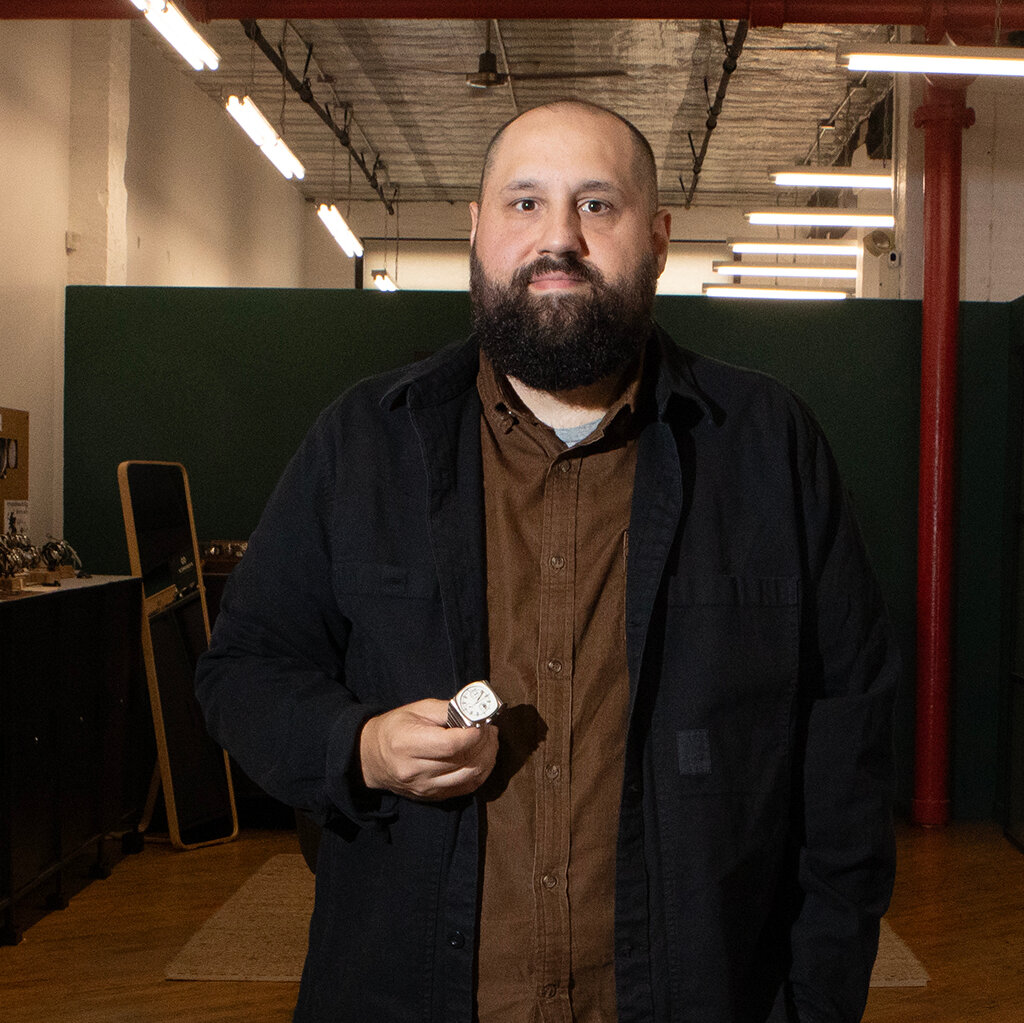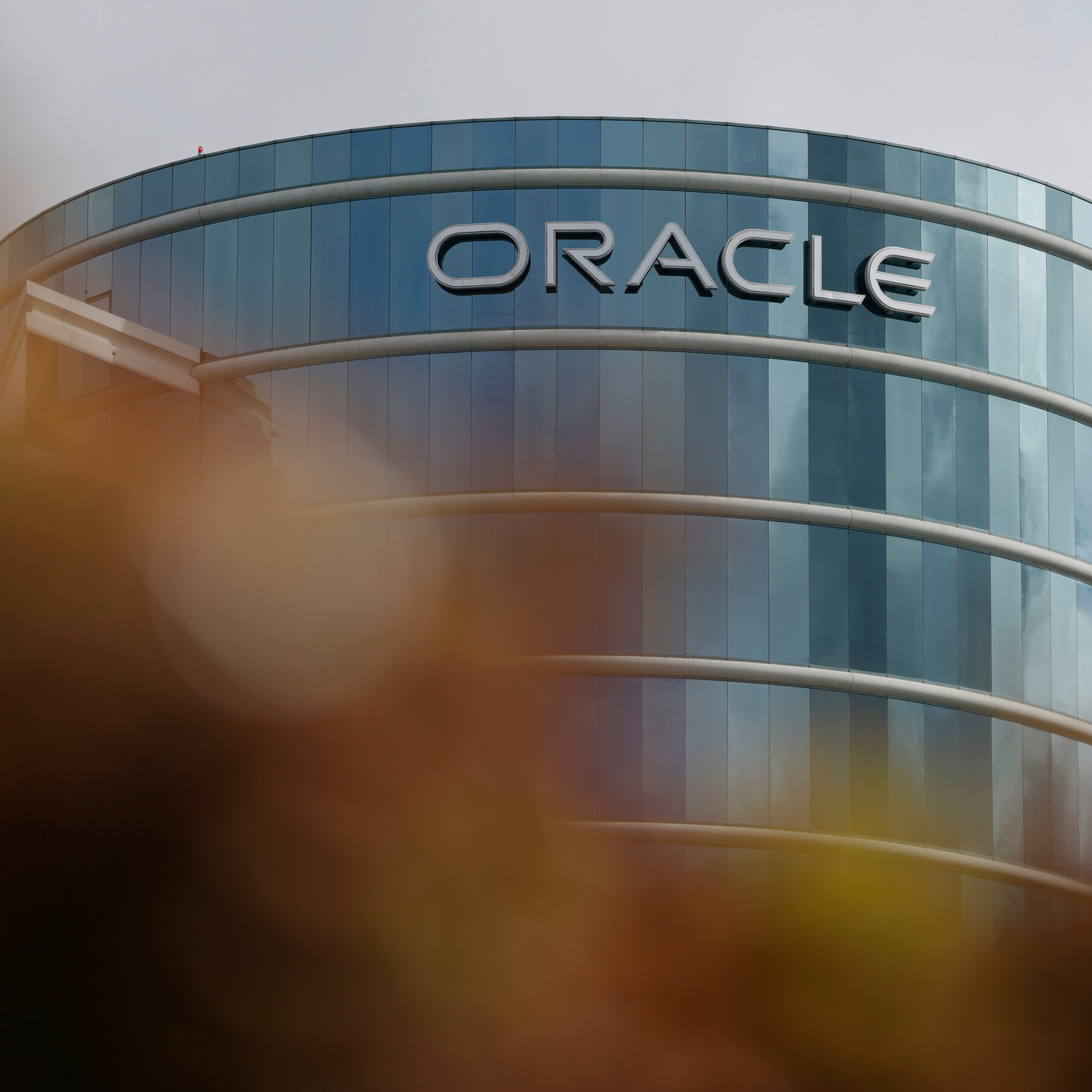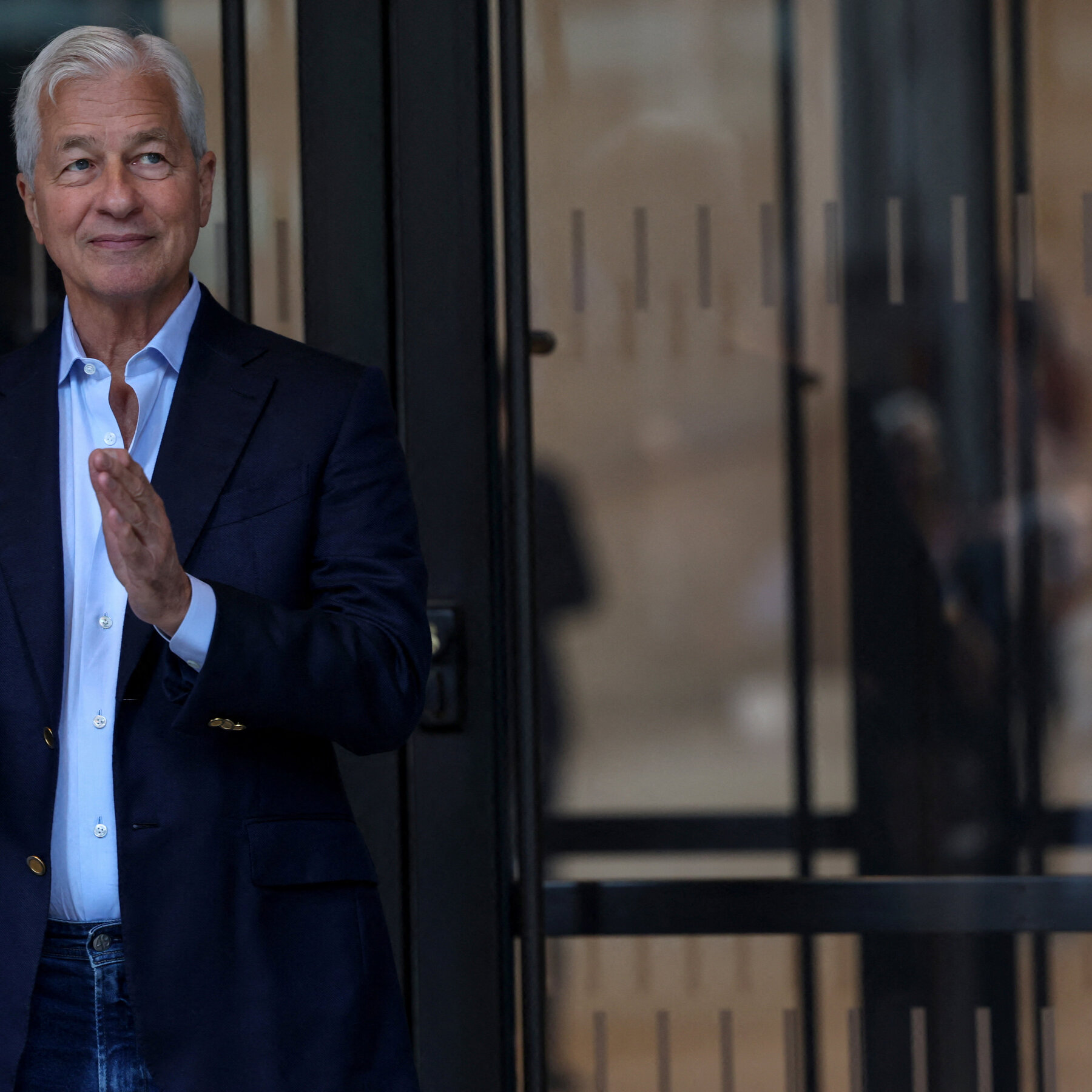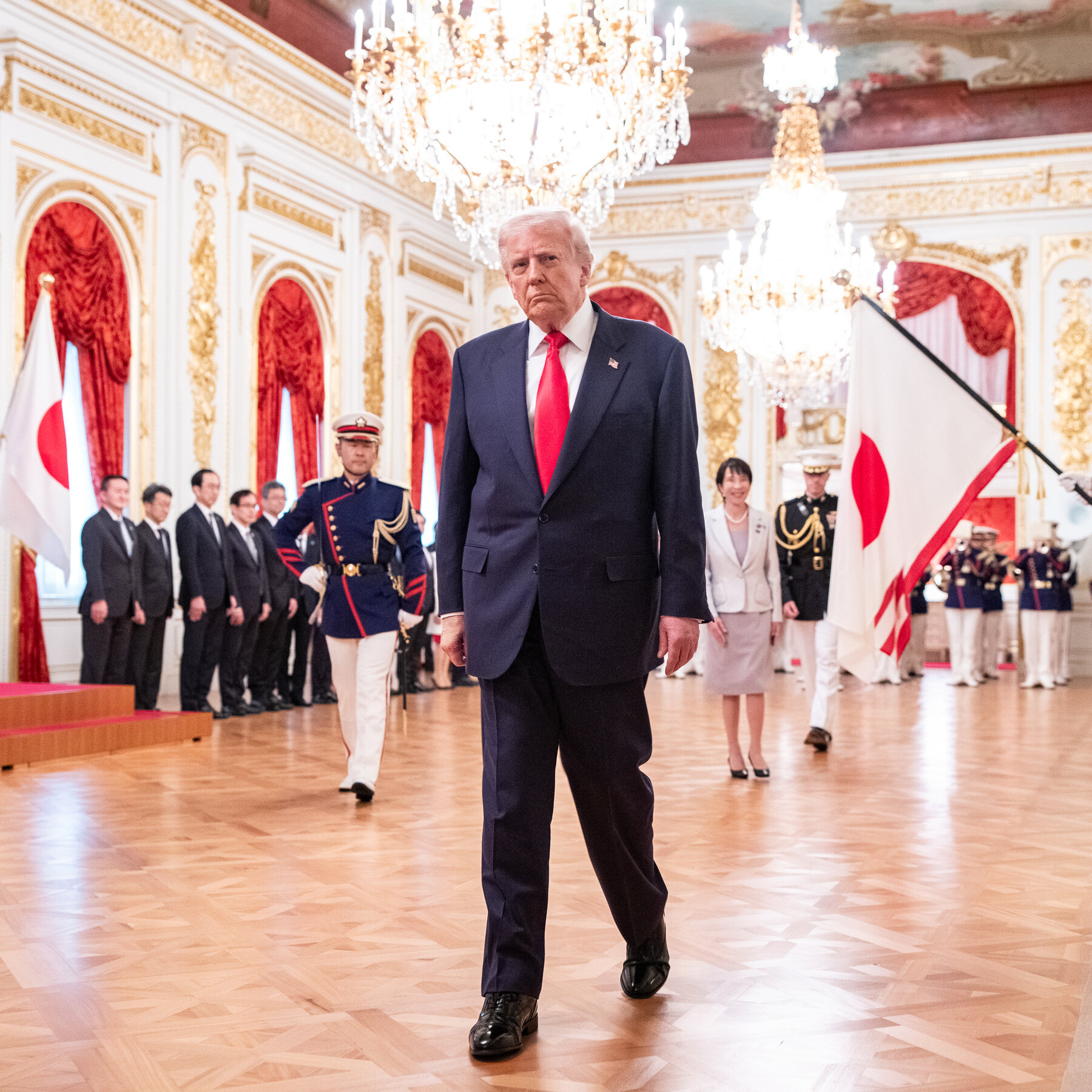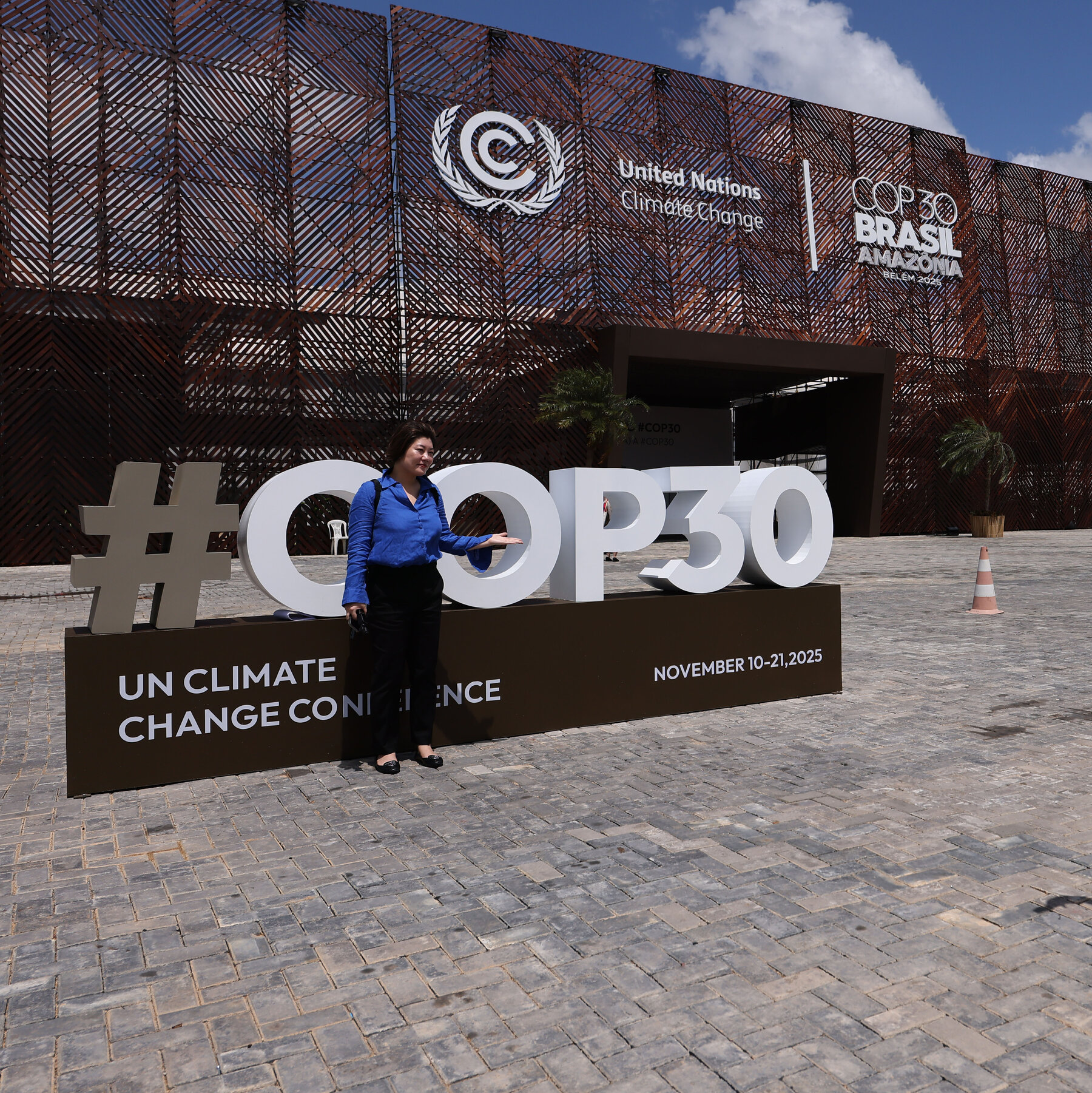Pope Leo Urges Cinema Notables to Redouble Focus on Social Justice
Vatican gathering spotlights a call for moral responsibility in film
During a recent audience at the Vatican, Pope Leo addressed leading figures from the world of cinema, urging them to deeply recommit to themes of social justice in their upcoming projects. He emphasized that storytelling possesses a unique power to illuminate the struggles of the marginalized, challenge systemic inequities, and inspire collective action.
“The screen is a modern pulpit,” the Pope declared, “and it is our duty to use it to amplify the voices of the voiceless and to champion the dignity of every human being.” He cited recent films that have successfully merged artistic excellence with a clear moral message, encouraging producers, directors, and actors to follow that example.
Underlying tensions remain unaddressed
While the Pope’s public appeal was unmistakably focused on universal concerns such as poverty, climate change, and refugee crises, the meeting left several contentious topics conspicuously absent from the dialogue. Observers noted a palpable silence regarding the Church’s longstanding positions on abortion and homosexuality, issues that continue to divide both the faithful and the broader cultural sphere.
Industry insiders reported that many attendees sensed an unspoken rift: on one hand, a genuine desire to align cinematic narratives with the Pope’s vision of compassion; on the other, apprehension about how far the Church might expect filmmakers to go in addressing—or avoiding—these polarizing subjects.
Looking ahead
Despite the unresolved debates, Pope Leo’s message resonated with many in the audience, who pledged to explore more socially conscious storylines. As the film community grapples with balancing artistic freedom, market pressures, and moral imperatives, the Vatican’s invitation may serve as a catalyst for a new wave of movies that place justice at their core.



